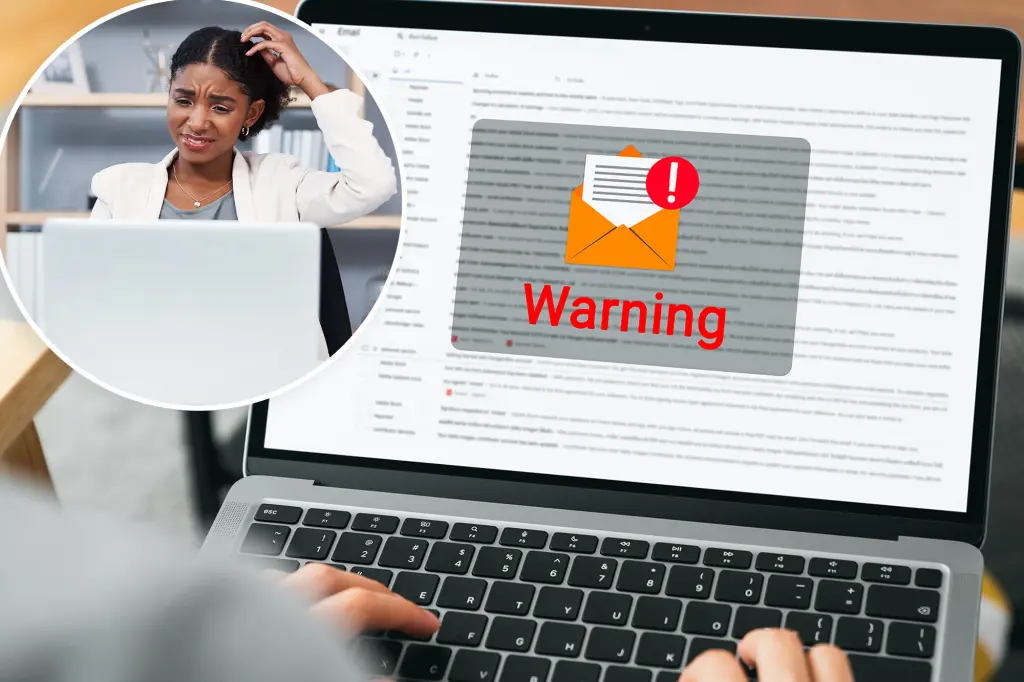The Growing Challenge of AI-Powered Phishing in the Digital Age
In an increasingly digital world where cyber threats evolve constantly, a revealing global survey has uncovered alarming gaps in our collective ability to identify sophisticated phishing attempts. The study, conducted by Talker Research on behalf of Yubico for their annual Global State of Authentication Survey, polled 18,000 employed adults across nine countries including the U.S., U.K., Australia, India, Japan, Singapore, France, Germany, and Sweden. The findings paint a concerning picture of our vulnerability in the face of increasingly sophisticated AI-generated scams. Most participants couldn’t differentiate between AI-written phishing messages and legitimate human-written emails, highlighting a critical weakness in our digital defenses just as AI tools become more accessible to potential scammers.
When presented with a phishing email during the survey, only 46% of respondents correctly identified it as AI-generated content designed to deceive. The remaining 54% either believed it was authentic or couldn’t determine its legitimacy. Perhaps most surprising was that this vulnerability transcended generational divides – Gen Z (45%), millennials (47%), Gen X (46%), and baby boomers (46%) all showed similar rates of difficulty in identifying the phishing attempt. This challenges the common assumption that younger, “digital native” generations might have an advantage in spotting online deception. Even more concerning, when shown a legitimate email that could have come from their employer, less than a third (30%) correctly identified it as genuine, suggesting we’re equally prone to false positives that could disrupt normal business communications.
The real-world implications of these findings are substantial, with 44% of respondents admitting to interacting with phishing messages in the past year by clicking links or opening attachments, and 13% having done so within the past week. Younger generations appear particularly vulnerable, with 62% of Gen Z respondents acknowledging they’ve engaged with phishing attempts in the last year, compared to 51% of millennials, 33% of Gen X, and 23% of baby boomers. The most common phishing vectors were emails (51%), text messages (27%), and social media messages (20%). When asked why they fell for these scams, 34% said the message appeared to come from a trusted source, while 25% admitted they were simply in a rush and didn’t carefully consider the message’s legitimacy before responding.
The consequences of these lapses in digital vigilance are far-reaching. Respondents reported inadvertently disclosing personal email addresses (29%), work email addresses (21%), full names (22% personal, 16% work), and phone numbers (21% personal, 15% work) to phishers. As Ronnie Manning, chief brand advocate at Yubico, explains: “Because our personal and professional lives are so intertwined, and there’s widespread cross-contamination between personal and work devices, a successful phishing attack on your personal data and devices could compromise your work security, and vice versa.” This blurring of personal and professional digital boundaries creates significant security vulnerabilities that both individuals and organizations need to address urgently.
The survey further revealed concerning habits that exacerbate these risks. Half of employed respondents (50%) acknowledged being logged into work accounts on personal devices that their employers might not be aware of, with younger generations more likely to engage in this practice. Conversely, 40% admitted to accessing personal emails on work devices, 17% were signed into online banking portals on company equipment, 19% stored work documents on personal devices, and 23% accessed personal social media accounts from work devices. Despite these risky behaviors, 30% of respondents still don’t have multi-factor authentication (MFA) enabled for their personal accounts, leaving them especially vulnerable to sophisticated phishing attempts that can now leverage AI to create increasingly convincing deceptions.
The organizational response to these threats appears inconsistent at best. A troubling 40% of respondents reported receiving no cybersecurity training from their employers, while 44% indicated that security requirements vary based on role and title within their companies. Nearly half (49%) noted that their organizations use different authentication methods across various company applications rather than implementing a consistent, secure MFA approach. “With gaps in cybersecurity training, employee usage of devices between work and personal, and vulnerabilities when it comes to identifying AI scams and phishing attempts, both companies and individuals are at risk in an increasingly sophisticated online world,” Manning warned. His advice is straightforward but crucial: “Turn on MFA on your apps, services, and accounts wherever you can. Phishing-resistant MFA, like that on a security key, is the most proven way to protect yourself, your data, and your assets in this ever-evolving digital world.” As AI tools become more sophisticated and accessible, strengthening these basic defenses becomes not just recommended but essential for both personal and organizational security.


